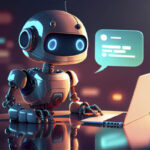
Is AI Replacing Jobs or Creating New Ones? What You Need to Know in 2025
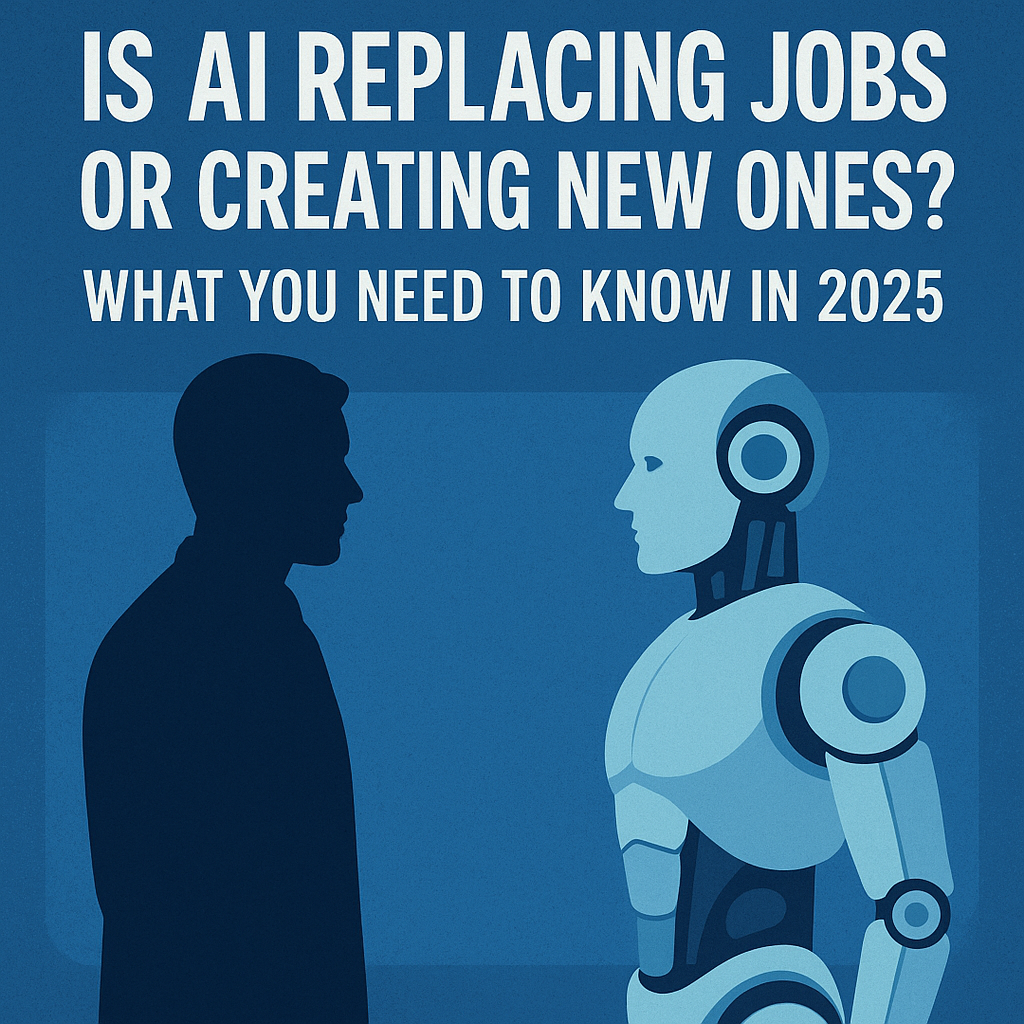
I’ll never forget the moment it hit me. I was sitting in my favorite coffee shop, watching the barista make my usual latte, when I realized something profound: she wasn’t just making coffee. She was reading my mood, remembering that I always ask for extra foam, and somehow knowing I needed a smile that Tuesday morning. That’s when I understood – some things will always need a human touch.
My Friend Sarah’s Story
My friend Sarah used to spend her days entering customer data into spreadsheets. Eight hours a day, same routine, same clicks. She was terrified when her company announced they were bringing in AI to handle data entry. But here’s the twist: instead of losing her job, Sarah got promoted. The AI handled the boring stuff, and suddenly she had time to actually talk to customers, solve their problems, and help improve the business. Six months later, she became a customer experience manager. Sarah’s story isn’t unique. It’s happening everywhere.
What I See When I Look Around
Every morning, I watch my neighbor use her phone to check if her diabetic father took his medication. An AI system monitors his blood sugar and sends alerts. It’s not replacing his doctor – it’s giving them both peace of mind. My dentist now uses AI to spot cavities I can’t see. My mechanic has a computer that can diagnose car problems in minutes. My daughter’s teacher uses AI to create personalized learning plans for each student. These aren’t job killers – they’re job changers.
The Hard Truth Nobody Wants to Talk About
Let me be real with you for a moment. Some jobs are disappearing. I’ve seen it happen to people I care about. My cousin worked at a call center for years, answering the same questions over and over. When the company introduced chatbots, his department went from 50 people to 15. It was hard. It was scary. Some families struggled. But here’s what I also saw: the 15 people who stayed became trainers, problem-solvers, and specialists handling the complex cases that needed human judgment. They learned new skills, earned more money, and found their work more meaningful. The transition wasn’t easy, but it was possible.
What Keeps Me Up at Night
I worry about my nephew, who’s about to graduate high school. Will he have the same opportunities I did? I worry about my mom, who’s in her 50s and feels like the world is changing too fast. The truth is, if we don’t handle this AI transition carefully, some people will get left behind. That’s not just sad – it’s dangerous for all of us. A society where only some people benefit from progress isn’t sustainable. That’s why I believe we need to help each other through this change.
The Jobs That Didn’t Exist When I Was Young
When I was growing up, “app developer” wasn’t a job. Neither was “social media manager” or “YouTube creator.” My smartphone has more computing power than the computers that sent humans to the moon, and it fits in my pocket.
Today, I’m meeting people with job titles I’ve never heard of:
- AI whisperers (people who know how to get the best results from AI)
- Digital wellness coaches (helping others manage their relationship with technology)
- Human-AI collaboration designers (figuring out how people and machines can work together)
Every major technological shift creates jobs we can’t even imagine yet.
Why I’m Not Worried Anymore
Last month, I watched my 8-year-old daughter use an AI tool to help her write a story. Instead of making her lazy, it made her more creative. She spent hours refining her plot, developing characters, and adding details the AI couldn’t imagine.
That’s when I realized: AI isn’t here to replace human creativity, empathy, and connection. It’s here to free us from the mundane so we can focus on what makes us human.
The People Who Are Thriving
I know a small business owner who uses AI to handle her bookkeeping, so she can spend more time with customers. I know a teacher who uses AI to grade multiple-choice tests, giving her more time to provide thoughtful feedback on essays.
I know a graphic designer who uses AI to generate initial concepts, then adds his artistic vision to create something uniquely beautiful. I know a writer who uses AI to research topics, then crafts stories that only human experience could inspire.
They’re not competing with AI – they’re dancing with it.
What I Tell My Kids
“The future belongs to people who can adapt, learn, and remember that being human is a superpower.”
I teach them to stay curious, to embrace change, and to develop skills that complement technology rather than compete with it. Critical thinking, creativity, emotional intelligence, and the ability to connect with others – these will never go out of style.
A Letter to My Future Self
Dear Future Me,
I hope you’re reading this in 2025, laughing at how worried we all were. I hope you’re working alongside AI in ways that make your job more interesting, not harder. I hope the world figured out how to make this transition fair for everyone.
But mostly, I hope you remember that every great change in history felt scary at first. The printing press worried scribes. The internet worried newspaper editors. Change is uncomfortable, but it’s also how we grow.
What I’m Doing About It
I’m learning. Not because I have to, but because I want to understand the world my kids will inherit. I’m taking online courses, experimenting with AI tools, and trying to understand how this technology can make my work more meaningful.
I’m also talking to my neighbors, my colleagues, and my family about this stuff. We’re all in this together.
The Morning Routine That Changed Everything
Three months ago, I started using an AI assistant to help plan my day. It doesn’t tell me what to do – it helps me think through my priorities, suggests ways to be more efficient, and even reminds me to take breaks.
The result? I’m more productive, less stressed, and have more time for the things that matter: coaching my daughter’s soccer team, having dinner with my family, and writing these words for you.
Why This Matters to All of Us
This isn’t just about jobs or technology. It’s about the kind of future we want to build together. Do we want a world where technology serves humanity, or where humans serve technology?
I believe we can create a future where AI amplifies our best qualities – our creativity, our compassion, our ability to solve problems and care for each other. But it won’t happen automatically. We have to choose it.
The Conversation We Need to Have
Instead of asking “Will AI take my job?” maybe we should ask “How can AI help me become better at what I do?” Instead of fearing change, maybe we can embrace the opportunity to grow.
The future isn’t something that happens to us – it’s something we create together.
And honestly? I’m excited to see what we’ll build.
This isn’t the end of the story. It’s just the beginning. The next chapter is being written by all of us, one choice at a time.



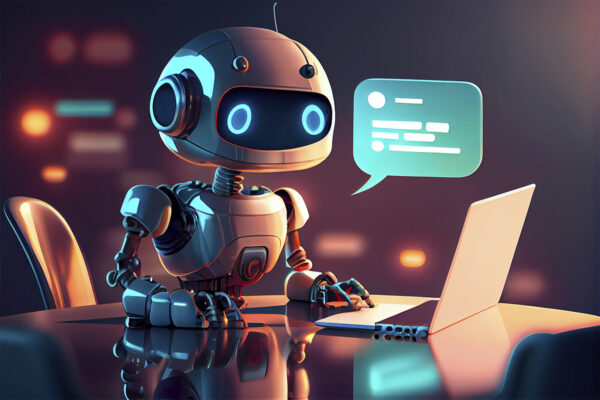
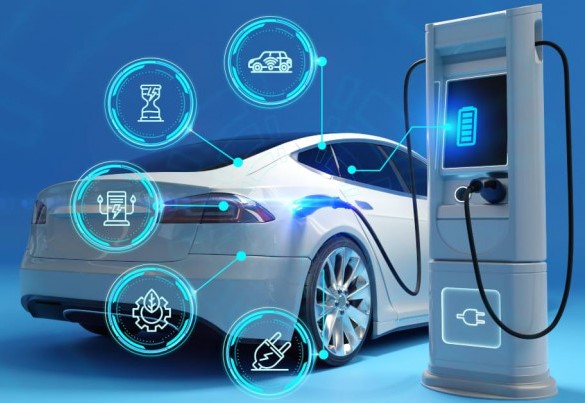



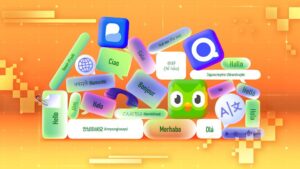

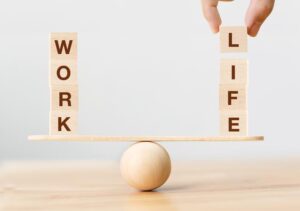

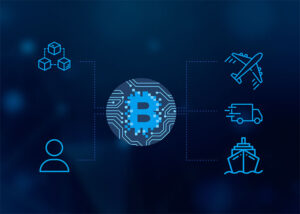

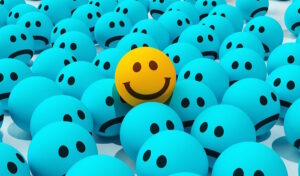
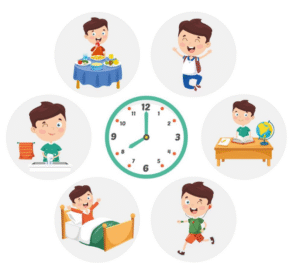
Post Comment